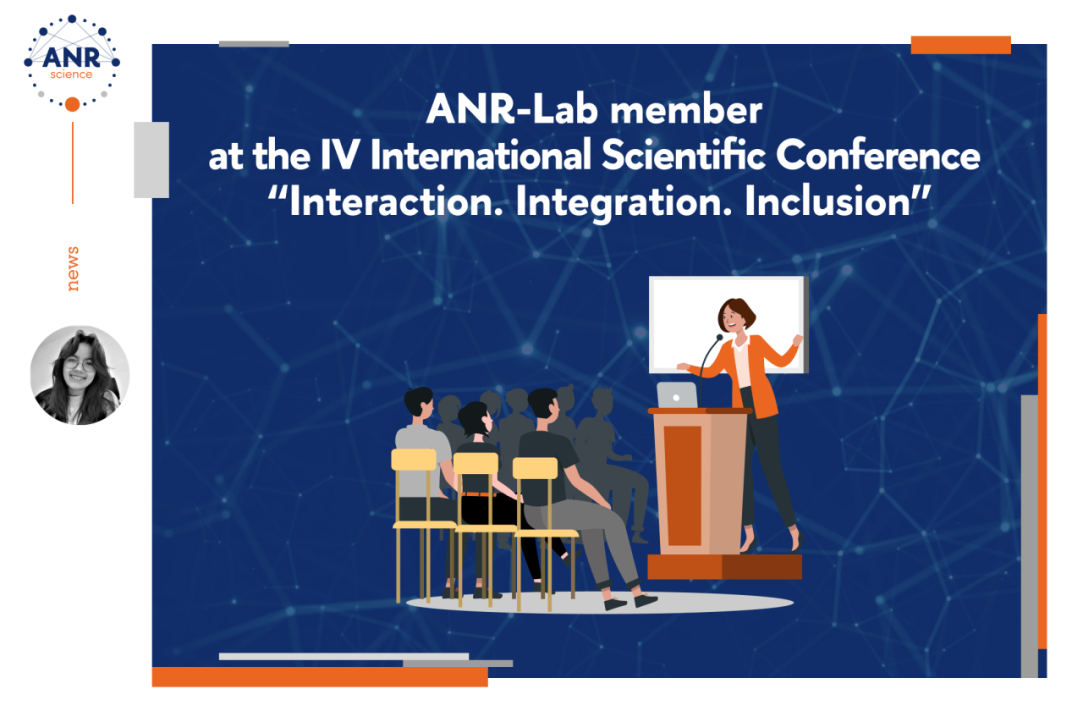ANR-Lab member at the IV International Scientific Conference 'Interaction. Integration. Inclusion: labyrinths of meanings and horizons of possibilities'

In the summer, ANR-Lab research assistant Daria Osokina took part in the IV International Scientific Conference 'Interaction. Integration. Inclusion: labyrinths of meanings and horizons of possibilities'.
Darya spoke at the section 'Evidence in Social Policy and Practice of Assisting Professions: Tests, Ideologies, Interpretations' with a report 'Analysis of the Discourse of Social Policy Measures Regarding the Families of the Mobilized in the Context of the Formation of an Official Militarized Gender Contract'.
Daria completed this research as part of her bachelor's thesis. The report was devoted to the study of a model of social policy aimed at supporting the families of mobilized in Russia, as a tool for establishing a militarized gender contract. Families of mobilized, having no experience of interaction with the institution of the army in the context of an active military conflict, are forced to adapt in a short time to increased state requirements. Family policy is becoming a priority in the Russian Federation not only as support for socially vulnerable families of Special military operation participants, but also as an ideological tool for the formation of a new balance of power gender relations in Russian families affected by militarization. The study uses a multi-method qualitative design (critical discourse analysis and narrative biographical analysis), which allows us to study both the discourse of social support measures in official statements by legislators and the effectiveness of these measures from the perspective of the wives of mobilized persons in personal assessments and collective discourses of thematic online chats in the context of a high level of mistrust of researchers during a military conflict. According to the results of the study, family policy towards the families of mobilized persons can be characterized as traditional and paternalistic; there remains a gap between the normative ideas of the state and the actually offered assistance measures. Militarization strengthens familialistic tendencies, which are manifested in the formation of an official militarized gender contract only for men, a focus on children, but not the wives of mobilized persons in support measures, their patrilineality. On the part of beneficiaries, general satisfaction with the monetary level of support and the difficulty of receiving indirect benefits, the inability and unpreparedness of the system for personalized assistance are highlighted.
